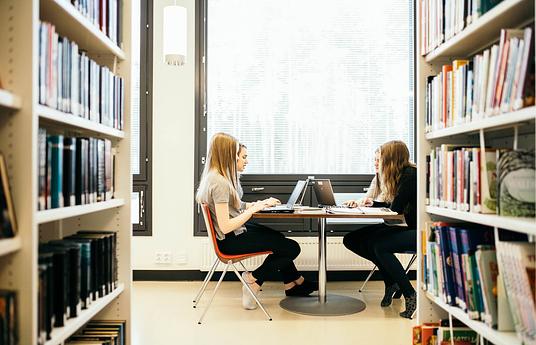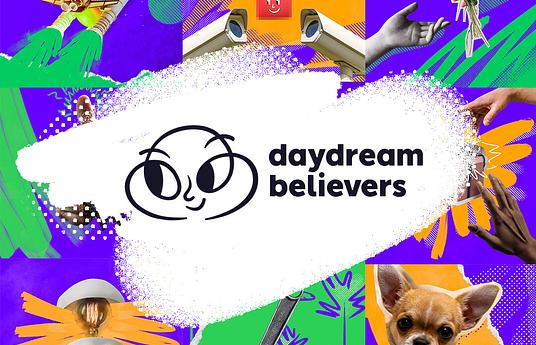Colombia is one of the most biodiverse countries, yet it has some of the highest urbanization rates. This has exacerbated challenges such as the disconnect between young people and nature. Cities harbor strategic ecosystems that have degraded due to various causes. As a result, access to nature in urban environments is limited.
Nature-Based Education Networks serve as a space for integration and collaboration among educational institutions and local stakeholders to foster the appropriation of green spaces in cities and provide nature-based educational opportunities for urban students. The methodology for creating Nature-Based Education Networks was replicated in 13 cities based on the Cerros de Bogotá Schools Network, funded by OpEPA and two other allies, which has been operational since 2018, fostering self-governance through established nodes and promoting the conservation of its ecosystem. A training plan was also developed for the School of Teachers and Environmental Educators, consisting of three virtual courses lasting 100 hours each. These courses cover Nature-Based Education methodologies, Introduction to Sustainable Lifestyles, and Adaptation of Learning Environments (utilizing apps such as iNaturalist, Thinkific, etc.). Each city has also received a network consolidation guide.
The Nature-Based Education Networks have been disseminated through OpEPA's social media platforms, with direct communication facilitated via a WhatsApp group. Through these channels, participants have formed a community dedicated to addressing local environmental issues within their territories. Additionally, engagement has extended to interested local private and public stakeholders. Over the next 2 to 3 years, our goal is to continue consolidating the networks according to the strategic lines defined by their members and to strengthen further those that currently lack financial support for their development and consolidation.
The individual should get in touch with OpEPA, currently leading the creation, strengthening, and consolidation of the networks at the national level. From OpEPA, guidance and support will be provided to implement the methodology in the city of interest.



